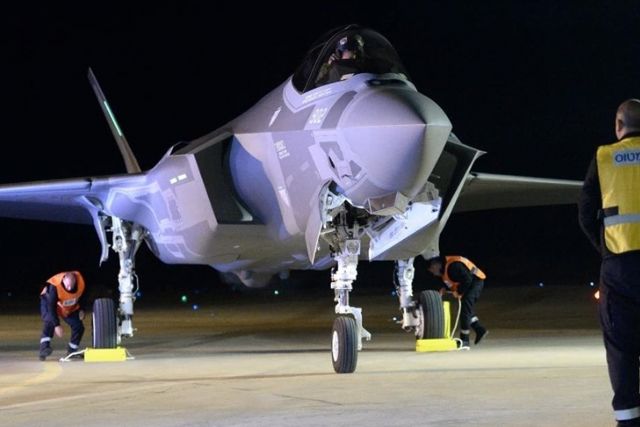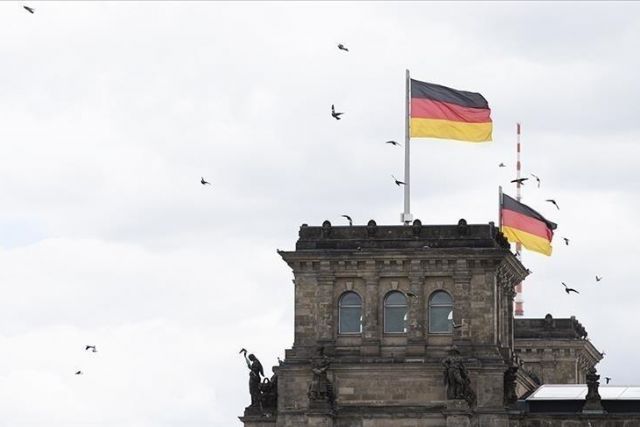Netherlands looking to get around ban on F-35 jet parts exports to Israel
Dutch government, Foreign Ministry considering delivery via US following court ban, says media report

AMSTERDAM
The Netherlands is looking to get around a ban to deliver F-35 aircraft parts to Israel, according to a media report.
Following a Dutch court ruling that suspended the sales of F-35 jet pieces to Israel last month due to international humanitarian law violations, the Dutch Foreign Ministry is looking for alternative ways to deliver the pieces, public broadcaster NOS reported Friday.
The government is considering ways to deliver the parts via third parties such as the US, instead of a direct delivery to Israel, it said.
The ministry told NOS that the US was informed about the ban and other ways were being considered.
US-made F-35 fighter jets' Europe distribution center is located in Woensdrecht, in the southern Netherlands, and deliveries to European countries and Israel are made from that location, added NOS.
Delivery to Israel is violation of law
A law professor at Amsterdam Vrije Universiteit, Galina Cornelisse, said the search is violating international law and noted that the ruling should be respected.
Professor of military law at the University of Amsterdam and Netherlands Defense Academy, Marten Zwanenburg, noted that the ruling was quite detailed and clear.
If the final destination is Israel, and the US is an intermediate step, then it is a violation, according to Zwanenburg.
Human rights groups in the Netherlands, including Oxfam Novib, PAX and The Rights Forum sued the Dutch government for exporting F-35 parts to Israel, noting that it meant complicity in Israel's "possible crime wars" in Gaza.
The first instance court ruled Dec. 15 that the Netherlands does not have to suspend the sales in the framework of a prior license.
But human rights groups appealed that decision in The Hague, which ruled Feb. 12 that the exports should be banned due to violations of international humanitarian law.
The government brought the case to the Court of Cassation.
Israel has waged a deadly military offensive on the Gaza Strip since an Oct. 7 cross-border attack led by the Palestinian group, Hamas, in which less than 1,200 people were killed.
More than 31,000 Palestinians, mostly women and children, have since been killed in Gaza, and more than 73,000 others injured amid mass destruction and shortages of necessities.
Israel has also imposed a crippling blockade on the Palestinian enclave, leaving its population, particularly residents of northern Gaza, on the verge of starvation.
The Israeli war has pushed 85% of Gaza's population into internal displacement amid a crippling blockade of most food, clean water and medicine, while 60% of the enclave's infrastructure has been damaged or destroyed, according to the UN.
Israel is accused of genocide at the International Court of Justice. An interim ruling in January ordered Tel Aviv to stop genocidal acts and take measures to guarantee that humanitarian assistance is provided to civilians in Gaza.
* Writing by Nur Asena Erturk in Ankara





